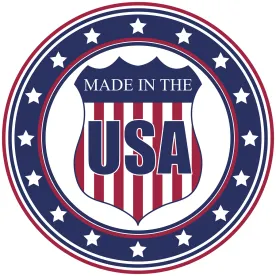On November 16, 2020, R.C. Bigelow Inc. argued before a California federal judge in support of its motion to dismiss a proposed class action that alleges its teas are falsely advertised as being made in the United States. The suit, filed July 13, 2020, alleges that several Bigelow Tea products made with solely with black, green, and oolong tea leaves sourced and processed outside the US are misleading because they carry the claims “MANUFACTURED IN THE USA 100% AMERICAN FAMILY OWNED” and “AMERICA’S CLASSIC” on the label. Plaintiffs argue that these claims violate California law and would lead reasonable consumers to believe that the products are made and manufactured in the US, when none of the products contain American-grown or processed tea leaves.
Bigelow asserted reasonable consumers know that very little tea is grown in the US and that most consumers would read “manufactured in the USA” as encompassing Bigelow’s blending, packaging, labeling, and formulating, most of which is done in the US. Plaintiff consumers opposed dismissal by showing that the tea leaves in the products identified come from the Camellia sinesis plant, which is grown and processed only in foreign nations such as Sri Lanka and India, and that consumers would understand the claims as meaning the tea itself originates in the USA.
At the phone hearing, the judge expressed doubt that consumers would take “manufactured in the USA” to mean the packaging, labeling, and tea bags are made in the US rather than the tea product itself, indicating that some jury-triable issues may survive the motion. The judge has not yet ruled on the motion.
As a reminder, in July 2020, the FTC published a notice of proposed rulemaking announcing its intention to codify its enforcement policy on unqualified “Made in the USA” (MUSA) claims. As our readers know, the FTC requires products labeled with unqualified MUSA claims, including representations that a product is manufactured in the USA, to be “all or virtually all” made in the US, meaning that the final assembly and processing of the product occurs in the US and all or virtually all ingredients or components of the product are made and sourced in the US. Keller and Heckman will continue to monitor and report on enforcement actions and other litigation concerning MUSA claims.



 />i
/>i

